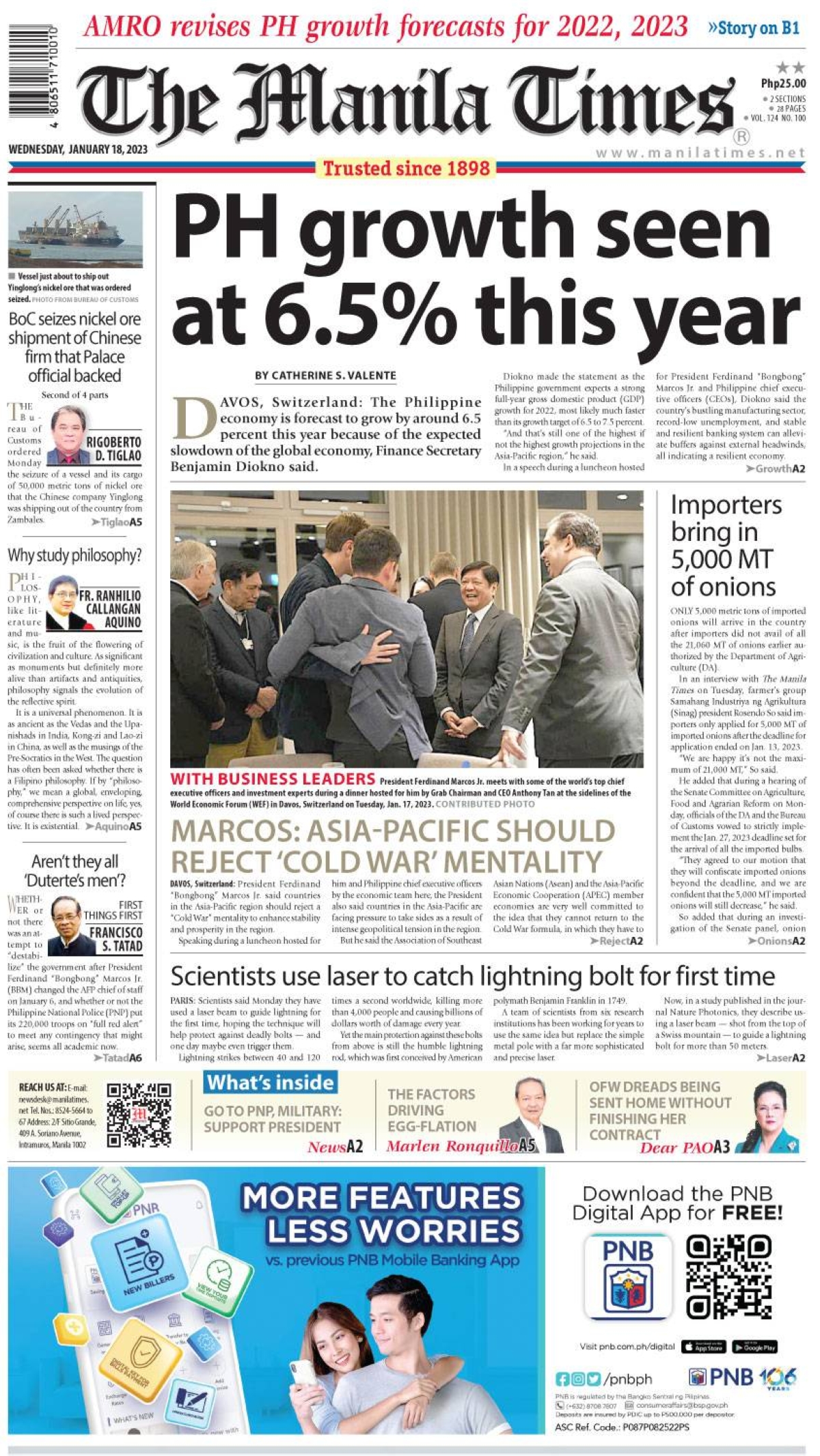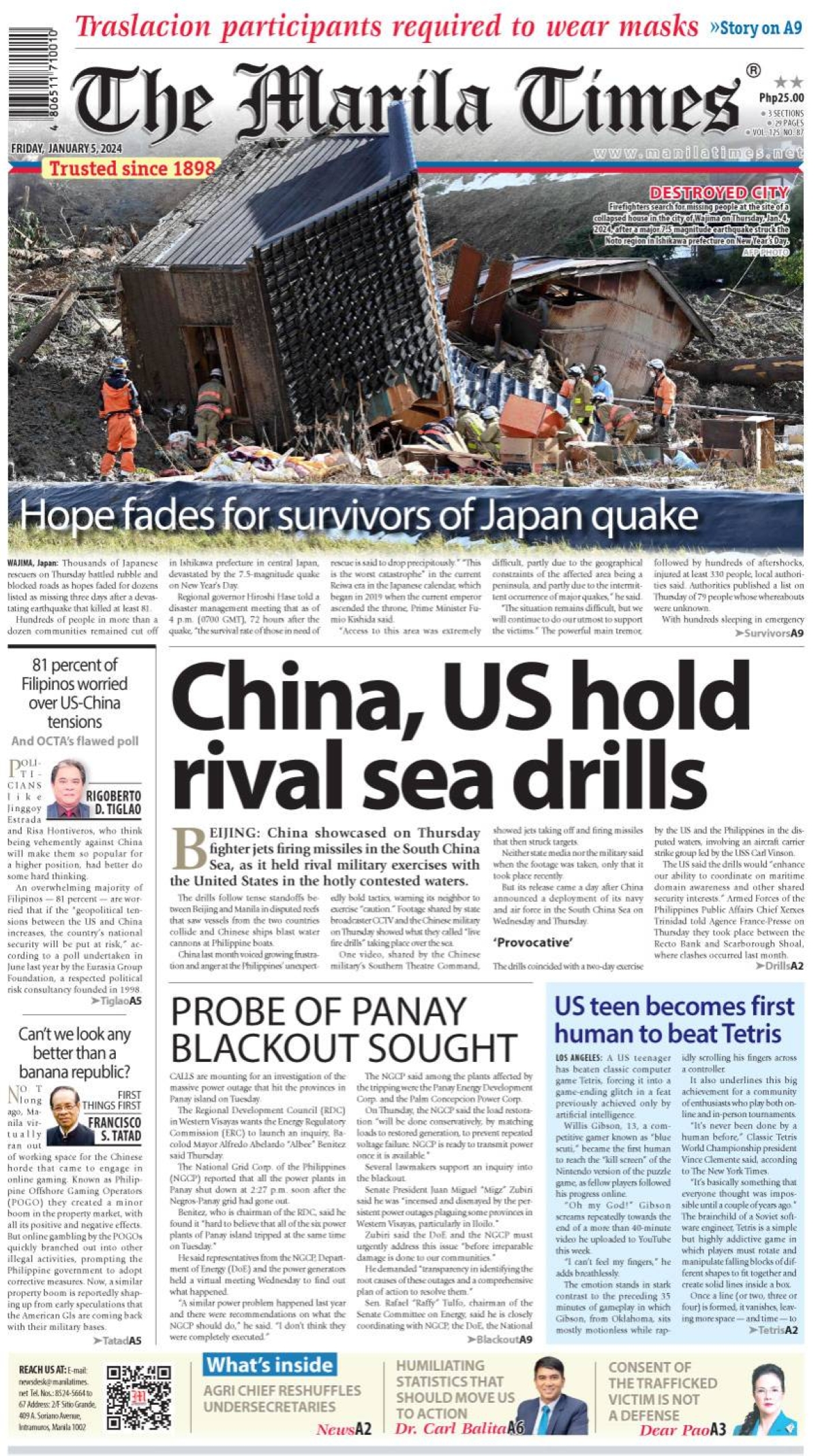Is the legacy of conflict truly etched in stone, or does the passage of time offer a chance for reflection and reconciliation? The sprawling Manila American Cemetery and Memorial, a poignant testament to the sacrifices of World War II, stands as a stark reminder of the human cost of global conflict, a place where history whispers through the meticulously aligned headstones.
The Manila American Cemetery and Memorial, a sprawling expanse of 152 acres, commands attention atop a prominent plateau, readily visible from the east, south, and west. It holds the solemn distinction of being the largest such cemetery dedicated to American war dead, a silent city of remembrance where the echoes of the past resonate with enduring power. This hallowed ground, a poignant reflection of a pivotal period in global history, serves as a lasting tribute to the valor and sacrifice of American service members, predominantly those who served in the Pacific theater, with significant representation from the campaigns in New Guinea and the Philippines.
In a different vein, the streets of Oakland, California, recently witnessed a spirited exchange. The sun, beating down like a rhythmic drum, provided the backdrop for a compelling conversation. This time it was about the power of art and voice, as the award-winning Filipina MC Rocky Rivera and I delved into the intricate realms of hip-hop, feminism, motherhood, and the persistent struggles against systemic oppression.
The evolving landscape of labor rights continues to shape the lives of migrant workers, particularly those navigating the complexities of global supply chains. Instances of abuse, exploitation, and systemic disregard for fundamental rights continue to surface, necessitating vigilant monitoring and advocacy.
March 14, 2025, marked a significant moment as former Philippine President Rodrigo Duterte made his inaugural appearance at the International Criminal Court. Facing charges of crimes against humanity, stemming from his controversial war on drugs, Duterte's presence at The Hague signaled a pivotal chapter in international justice. The weight of accusations hung heavy in the air, reflecting the gravity of the situation and the complex legal proceedings ahead.
In a development that sent ripples across the global stage, former Philippine President Rodrigo Duterte was arrested in Manila on Tuesday, his subsequent transfer to The Hague underscoring the commitment to international accountability. This dramatic turn of events saw Duterte being taken into custody and subsequently flown to The Hague, where he now faces charges from the International Criminal Court related to alleged crimes against humanity.
The news from March 11, 2025, highlighted the former Philippine leader's arrest, which occurred hours after he landed in Manila at the request of the International Criminal Court. This development followed the launch of an investigation into a war on drugs that became synonymous with his presidency. The arrest and subsequent transfer to The Hague is a stark reminder of the relentless pursuit of justice in the face of immense complexities and challenges. Duterte’s legacy, interwoven with both bold initiatives and serious allegations, came to a head when he was arrested.
The Manila American Cemetery, with its meticulously arranged headstones, is a lasting symbol of remembrance and sacrifice. The alignment of the headstones in eleven plots, stretching across the vast expanse, underscores the sheer scale of the loss and the enduring impact of the war. This solemn location serves as a poignant reminder of the human cost of conflict and the profound need for peace.
The court announced the first court appearance of Rodrigo Duterte, the former Philippines president, was scheduled for Friday. He faces charges of crimes against humanity related to his controversial war on drugs.
Former Philippine leader Rodrigo Duterte was sent to The Hague on Tuesday hours after he was arrested in Manila at the request of the International Criminal Court as part of its probe into a war on drugs that defined his presidency.
In a rare conviction, a judge ruled that the four police officers who participated in the operation were guilty of homicide. But they. Rodrigo Duterte, the former Philippine president, was arrested on Tuesday in Manila and was flown to The Hague to face International Criminal Court charges of crimes against humanity.
Here’s a look at the key information:
| Category | Details |
|---|---|
| Full Name | Rodrigo Roa Duterte |
| Date of Birth | March 28, 1945 |
| Place of Birth | Maasin, Southern Leyte, Philippines |
| Education | San Beda College of Law, Davao City (LLB) |
| Political Affiliation | PDP–Laban |
| Political Career Highlights | Mayor of Davao City (1988–1998, 2001–2010, 2010–2013), Vice Mayor of Davao City (1986–1988), President of the Philippines (2016–2022) |
| Controversies | War on Drugs leading to thousands of deaths, alleged human rights abuses, criticism for his remarks and policies. |
| Current Status | Facing International Criminal Court charges of crimes against humanity. |
| Known For | His tough-on-crime stance, strong rhetoric, and unconventional approach to politics. |
| Source | International Criminal Court |



